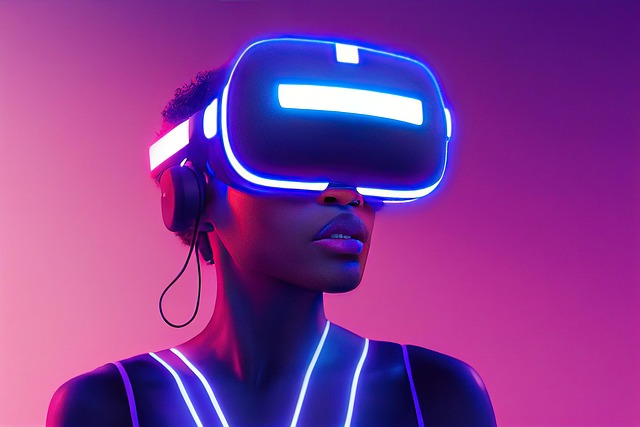As technology continues to evolve, the therapeutic landscape is being transformed by innovative digital experiences. Immersive therapy is at the forefront of this revolution, harnessing the power of Virtual Reality (VR), Augmented Reality (AR), and the concept of metaverses to provide individuals with unprecedented ways to heal, cope, and thrive.
Imagine stepping into a virtual world where your anxieties and fears become manageable components of a breathtaking experience. With VR, patients can face their phobias or traumatic experiences in a safe and controlled environment. This type of immersive therapy allows for a unique form of exposure therapy, where users can confront their most daunting situations under the guidance of trained professionals, all while being enveloped by the stunning graphics and engaging narratives that VR provides.
But the potential of immersive therapy doesn’t stop at virtual reality. Enter AR, which blends the real world with digital elements, creating interactive experiences that can facilitate healing. For instance, individuals undergoing rehabilitation can benefit from AR applications that gamify their exercises, making them more engaging and less daunting. By overlaying useful information or feedback directly onto the physical world, AR enhances the therapeutic process, fostering a sense of achievement and motivation.
The metaverse, a collective digital universe where users can interact with each other and digital environments, further expands the possibilities of immersive therapy. Within these virtual spaces, individuals can attend group therapy sessions, meet peers facing similar challenges, and participate in support communities, all while connected from the comfort of their homes. This sense of belonging and shared experience can be transformative for those seeking to overcome mental health challenges.
Moreover, the appeal of the metaverse lies in its immersive nature. Instead of merely discussing problems, participants can engage in simulated real-life scenarios that allow for role-playing and experiential learning. This aspect not only makes the therapeutic experience more relatable but also enhances retention of coping strategies in real-world contexts.
As we dive deeper into this technological evolution, it’s evident that immersive therapy is set to redefine conventional mental health treatments. With VR offering vivid escapism, AR bringing interaction into the healing process, and the metaverse providing community, these tools are combining to create a multifaceted approach to mental wellness. The future of therapy lies in these immersive experiences, bridging the gap between digital innovation and human emotion, and offering a journey towards healing that feels authentic and accessible.




